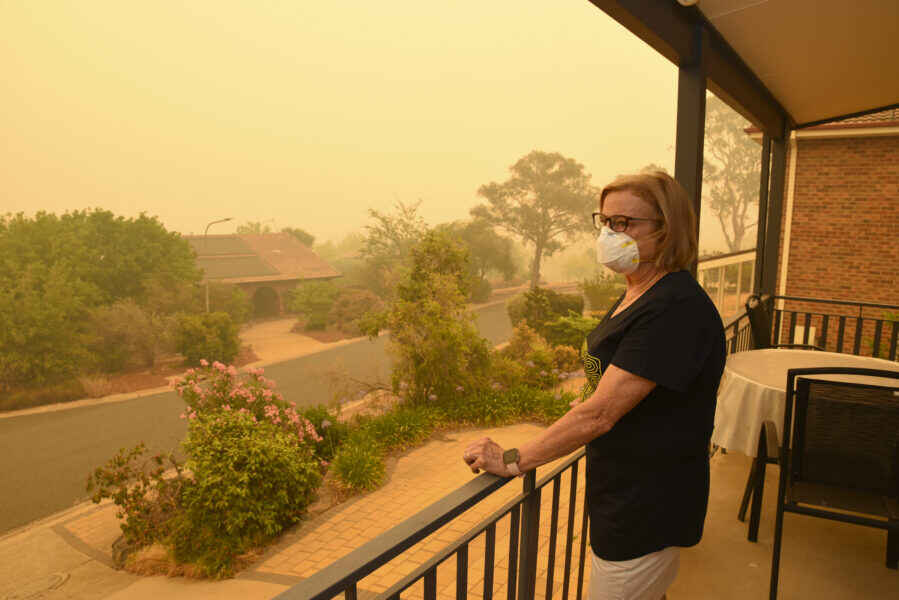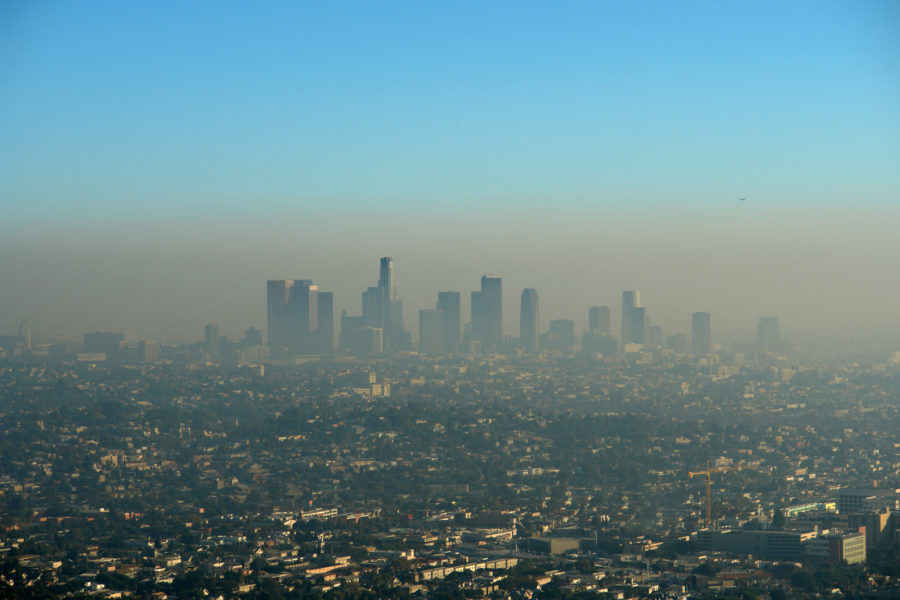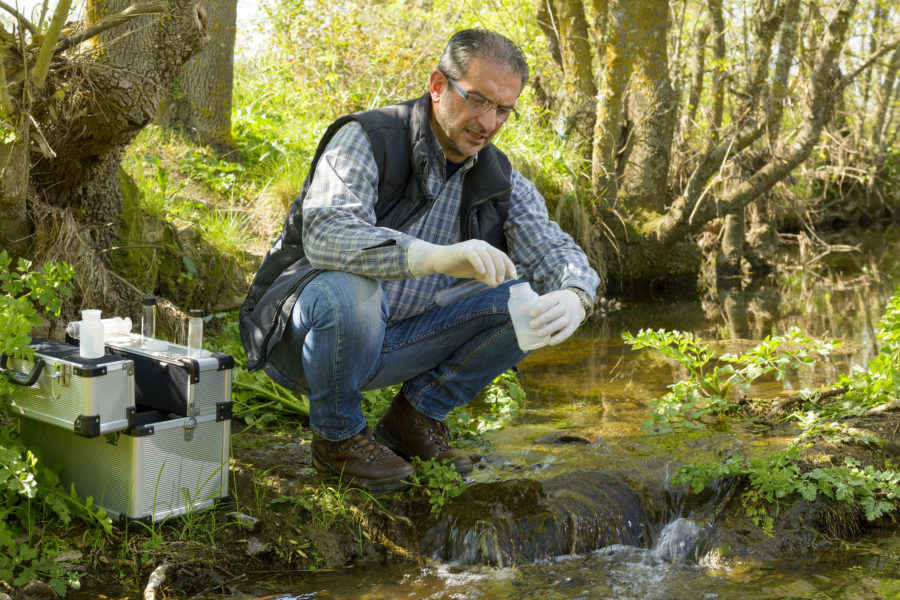
Equitable Law and Policy Solutions to Mitigate Health Risks from Climate Change and COVID-19
Law & Policy InsightsCOVID-19 and Health EquityEnvironment, Climate and HealthNeighborhood and Built EnvironmentAs the COVID-19 pandemic persists in the United States, climate change and weather-related health risks, such as hurricanes, wildfires, and extreme heat, will put even greater pressure on the nation’s health and healthcare resources. There are short-term actions that can be taken to protect the health of vulnerable people along with longer-term solutions that can create equitable and resilient communities that can better respond to future disasters.











